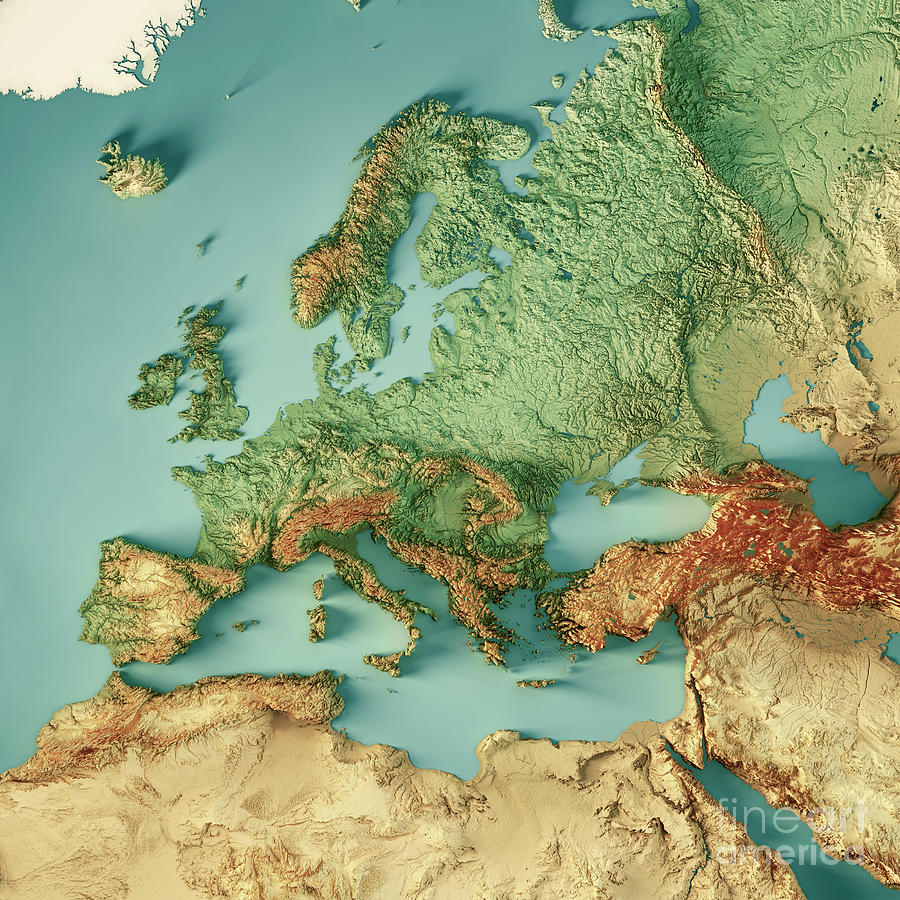Greek be like “Μην τολμήσεις να πείς οτι χρησιμοποιούμε Λατινικά!”
Spain isn’t highlighted for any of á, é, í, ó, ú. Any other mistakes people notice?
The Netherlands should be highlighted for ë but isn’t
ï, ö, ü, ä as well (as a diaeresis, not an umlaut)
I can’t think of any examples using those
Geïnteresseerd, geïntegreerd, geüniformeerd.
Die eerste 2, natuurlijk, ik weet niet waarom ik dat niet kon bedenken.
Geüniformeerd heb ik nog nooit gezien, zijn er ook woorden met ö of ä?
Coördineren. Met een ä kan ik niet bedenken of vinden.
Kanaän?
Swedish uses é
I think it excludes it because é is only used in words from french and not swedish words.
But some words aren’t spelt with é in French. Tupé (toupee) is spelt toupet in French. The word is a loanword, but the letter isn’t.
Yeah interesting. Also now i know theres a feddit.nu which is usefull as an immigrant i guess. / learning more arabic than swedish from my classmates /s
They’ve split Finland pretty arbitrarily into areas where (supposedly) Swedish speakers are found for ‘å’, but there’s really no reason for it. The letter is a part of the Finnish alphabet and taught to everyone in school, so it should cover the whole country I think.
Scharf S ẞuperiority
Whoever made this, thanks for including Iceland
Is there a higher resolution version of this?
Are you viewing this version? Sometimes preview links get funky
I’m Italian and I’ve never in my life seen “î”, I wouldn’t even know how to read it
According to German Wikipedia it is old spelling and thus, no wonder you didn’t come across it:
In Italian, the circumflex used to be used primarily in the pluralisation of words with a final -io to mark the coincidence of two -ii: il principio “the principle” → i principî, in contrast to i principi, the plural of il principe “the prince”. In addition to principî, there was also the full spelling principii, which was not pronounced correctly. Today, the words for “principles” and “princes” are spelt principi without distinction.
(translated using DeepL)
According to the English article, it is also used in Emilian and Friulian. In both, a long vovel is indicated with a circumflex.
Weird that France has both œ and æ. I only ever saw the latter in Nordic languages, but apparently it is occasionally used in French.
æ is in purely Latin words like ex æquo, et cætera, or curriculum vitæ, that’s all. œ appears in œil (eye) so you see that a lot more commonly already, but I can’t think of any other word that uses it off the top of my head (beside other derivated words like œillères). (pardon the puns)





